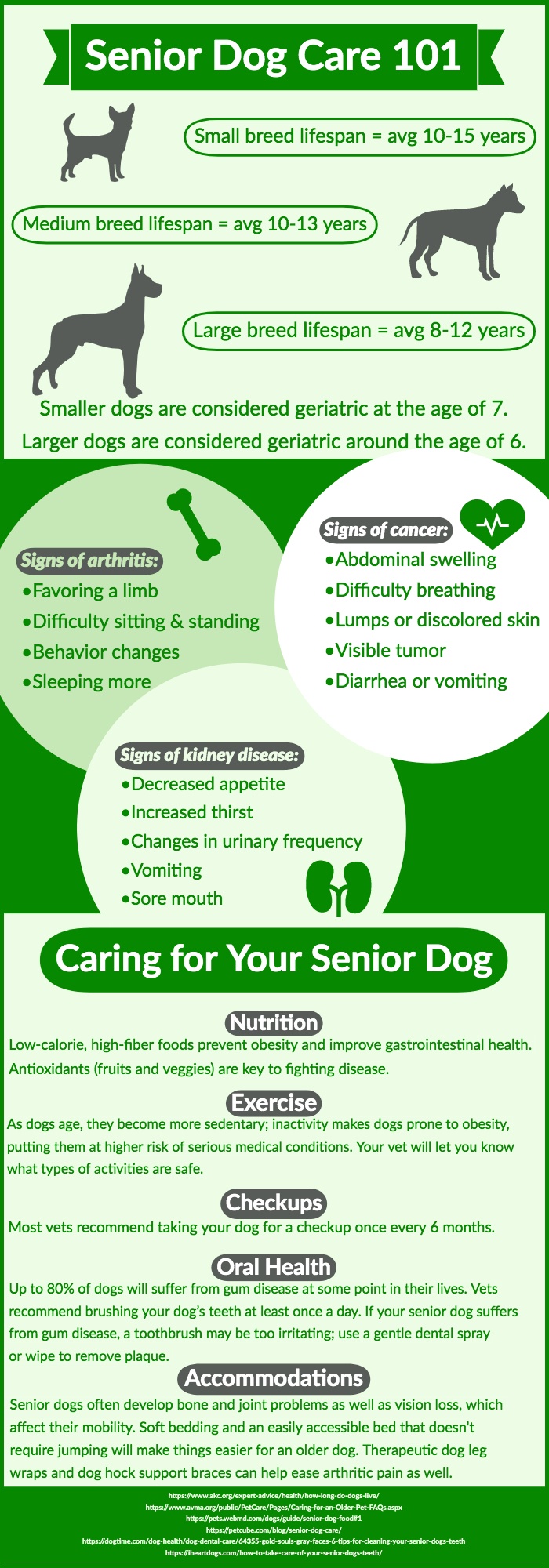Dog Daycare Air Filtration
Dog Daycare Air Filtration
Blog Article
Can Pet Dog Childcare Reason Health Problem?
Dogs in childcare get lots of exercise, socializing with other canines and unique experiences. This can be specifically handy for young puppies and canines with behavior problems.
There are numerous legal considerations you need to take into consideration when starting a doggy day care service. These include the framework of your organization and compliance with federal government policies.
1. Dog Distemper
Canine distemper is spread out via straight contact with the bodily fluids and waste of an infected canine, however it can additionally be transmitted through common water and food bowls or through air-borne beads. This highly infectious ailment is most unsafe for puppies, however it can affect pets of any age and is fatal for most if left without treatment.
First signs and symptoms of canine distemper frequently imitate a cold, including drippy eyes and nose with watery or pus-like discharge. As the illness advances, a pet dog will certainly create high temperature, coughing, lowered cravings, throwing up and looseness of the bowels. The infection can additionally attack the nervous system, leading to seizures, jerking and partial or total paralysis.
Credible childcares lower exposure to infection by calling for inoculations, regular health examinations and adhere to rigorous health protocols. If your pup seems overly weary or hopping, a day off might aid him recoup, yet you should avoid taking him back to day care up until these signs clean up.
2. Kennel Cough
Kennel cough, additionally known as infectious canine tracheobronchitis or Bordetella, is a highly contagious viral or microbial condition that influences the respiratory system system. It's frequently transferred with the exchange of saliva or air droplets that a sick dog exhales. Social pets go to greater danger for infection due to their frequent communication with each other, such as when they play, share food or water, smell one another or simply meet in a jampacked atmosphere like a canine park or daycare.
One of the most usual sign of kennel cough is a consistent and forceful coughing that seems like something embeded the throat or retching. Typically, dogs will certainly spend frothy white phlegm. If left untreated, a dog can create pneumonia and go to major risk forever.
A trustworthy childcare facility should have strict cleansing and sanitation methods, disinfect all toys, food and water bowls frequently, and be open about their inoculation plans. Keeping your pet approximately day on their vaccinations, especially for bordetella and canine flu, will considerably decrease their opportunities of getting the disease.
3. Parvovirus
Canine parvovirus, or parvo, is a highly infectious viral illness that can be harmful for pups and young person canines with poor body immune systems. It's most frequently spread by direct contact with infected canine feces-- which can happen when pets sniff, lick, or preference contaminated feces-- and indirectly from contaminated individuals, objects, or settings (like kennels, grooming rooms and grass). Young puppies and dogs without full vaccination backgrounds are particularly susceptible to parvo.
The infection is exceptionally durable, enduring in the atmosphere for up to 9 years, and can easily be moved between pet dogs by contact via feces or on footwear, clothes, and bed linen contaminated with parvovirus. Otherwise treated promptly with IV fluids, electrolyte equilibrium, vomiting control medicines and antibiotics to avoid secondary microbial infections, a dog will swiftly dehydrate and create severe looseness of the bowels, which leads to shock and blood poisoning. Parvo is difficult to treat once a pet dog has ended up being ill, but with suitable vet treatment, many pups do survive this health problem.
4. Pooch Influenza
Pooch influenza infection is very contagious and spreads with straight contact, sharing food and water bowls, licking or nuzzling various other pets, with air-borne droplets, and with infected surfaces. Vaccination works in reducing the danger of infection and episodes.
Many impacted pets develop a moderate respiratory system infection with a cough that lasts 1-3 weeks. They might additionally have nasal and ocular discharge, sneezing, and sleepiness. Several of the most major instances result in pneumonia and a high fever.
If your canine displays any one of these symptoms, do not bring them back to daycare till they are healthy and balanced. If your dog is showing indications of severe fatigue or limping, speak to your vet right now and see to it they are on healthiness supplements to help develop their resistance. A vet will assess your pet dog for signs and symptoms of the flu by taking a sample from the nose or throat, and blood examinations can boarding dog training be done to validate.